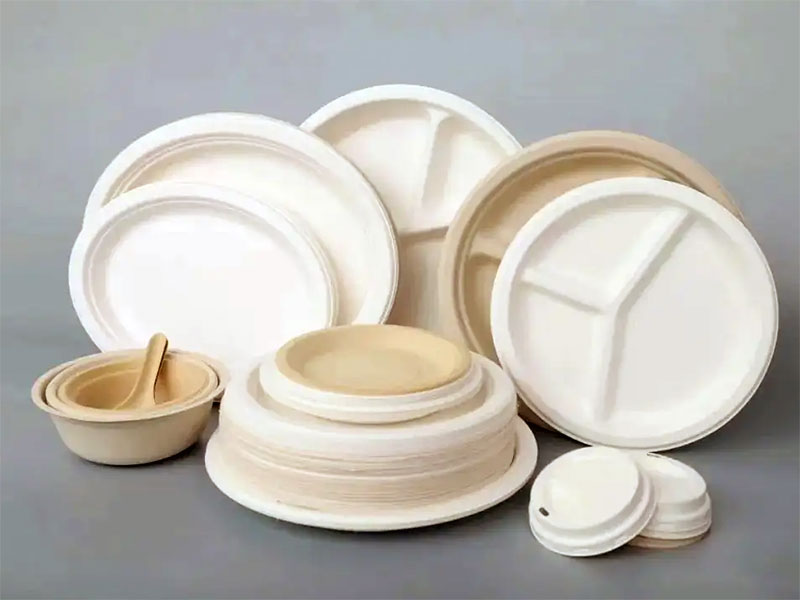Molded fiber products, also known as molded pulp products, are derived from agricultural and forestry waste materials such as straw, rice husks, bagasse, bamboo, and other plant-based powders, with over 50% of their composition coming from these raw materials. These materials are broken down and pulped, then molded into shape to create the final products. Throughout the entire molded pulp production process, molded pulp products primarily undergo physical transformations, with only minimal chemical additives, such as waterproof coatings, being used. Key processes like pulping, adsorption molding, drying, and forming are environmentally safe and cause no harm to the environment. From raw material sourcing to finished product, the process generates no pollution. Pulp products can be naturally degraded and recycled after use, that’s why they are considered as sustainable and green products.
Among the many green packaging solutions, molded pulp products shine like a rising star. With their unique appeal and exceptional performance, they are making their mark across a variety of fields. From delicate and fragile electronics to everyday food service items, from high-end ceramics to various household goods, the applications of molded pulp products unfold like a vivid tapestry, showcasing their endless possibilities in modern packaging.
Molded Fiber Products for Agricultural Use
Currently, common molded fiber products for agricultural applications primarily include egg trays, seedling trays, and nursery trays for crops and flowers.
Pulp Egg Trays
Pulp egg trays are packaging tools designed for holding eggs, such as chicken or duck eggs, making them convenient for transport and handling. With excellent cushioning properties, pulp egg trays absorb external forces through slight deformation, reducing the impact and vibration on the packaged eggs. These trays are eco-friendly, moisture-resistant, and biodegradable. After use, they can be repurposed for cultivating plants like flowers or vegetables, serving as nutrient substrates, which makes them very profitable products. You can check our egg tray production solution.
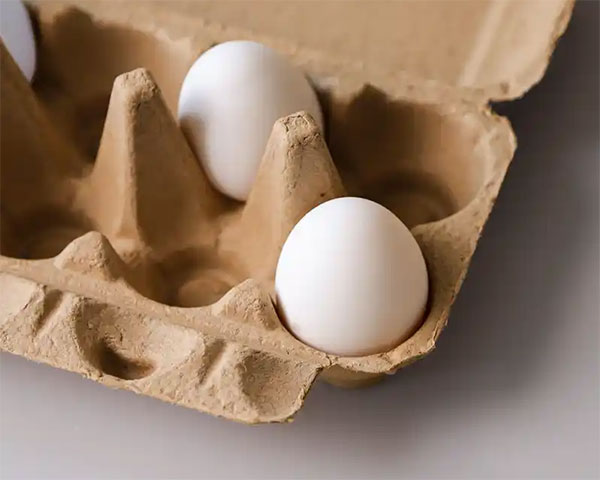
Pulp Seedling Trays
Pulp seedling trays or nursery trays can act as nutrient substrates for crops. Besides facilitating easy planting, their standout feature is eliminating the need for transplanting. Once seedlings sprout, they can be planted directly into the soil along with the tray. Made from eco-friendly pulp, the tray naturally degrades and serves as compost, providing nutrients for the seedlings. This approach saves time and labor while enhancing seedling survival rates.
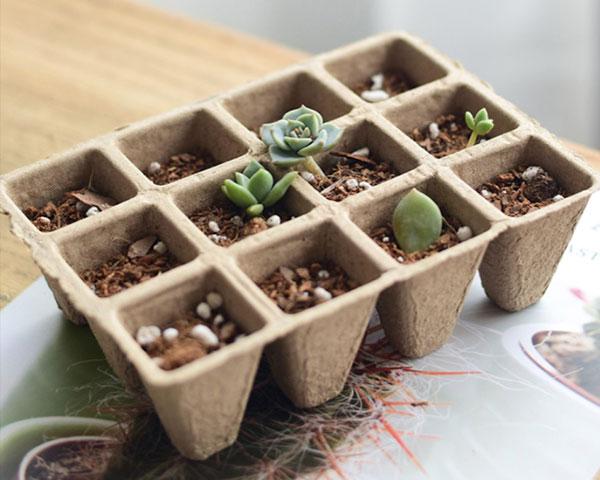
Molded Fiber Products for Daily Use
Food Packaging
The primary products in this category include disposable sugarcane pulp tableware and biodegradable straw-based food containers, which are widely used and produced in large quantities. With the rise of food delivery services, disposable packaging has become indispensable. Since the ban on foam plastic containers, packaging materials have evolved, culminating in the widespread adoption of biodegradable molded fiber products. These include containers, paper cups, paper plates, and cutlery such as knives, forks, and spoons, which are suitable for the food service industry and home use (e.g., for storing dried fruits). In the baking industry, straw-based tableware has gained popularity in recent years due to its high durability, premium appearance, and diverse shapes. These products are not only used in bakeries but also frequently seen at family gatherings and birthday parties.
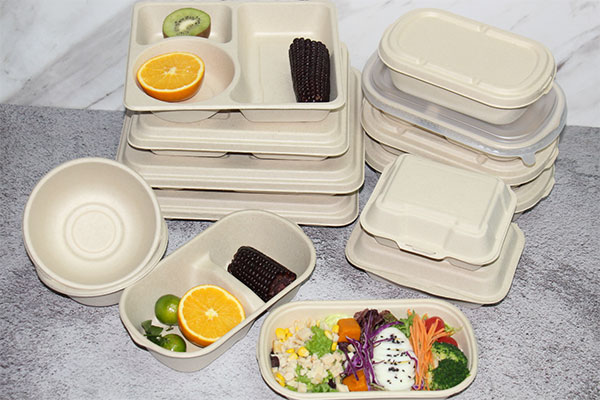
Medical Packaging
Traditional medical instruments are often cumbersome to sterilize, and improper sterilization can lead to cross-infections. In comparison, molded pulp products offer greater convenience, as they can be broken down into fibers and discharged into wastewater systems or incinerated directly without releasing toxins. These characteristics make them eco-friendly, hygienic, and safe. As a result, an increasing number of manufacturers are adopting molded fiber products for items such as disposable urinals, bedpans, trays, pads, and splints, significantly enhancing convenience in medical care and hygiene.
Industrial Applications
Industrial products often require packaging and building materials with specific performance attributes. Some materials must exhibit high strength and resistance to compressive stress, while others need a degree of softness and elasticity to accommodate impacts and pressure. Due to the inherent physical strength and properties of plant fibers, molded pulp industrial materials have significant advantages in rigidity, tensile strength, tear resistance, flexural strength, and anti-static protection.
Currently, the main products in this category include high-end packaging for computers, mobile phones, precision instruments, and cosmetic boxes. These products serve a dual purpose, on the one hand, it plays a role in providing shock resistance and protection, and on the other hand, it has a decorative and aesthetic effect. In this era of digital technology, the demand for packaging in the electronics industry is expected to grow significantly in the future.
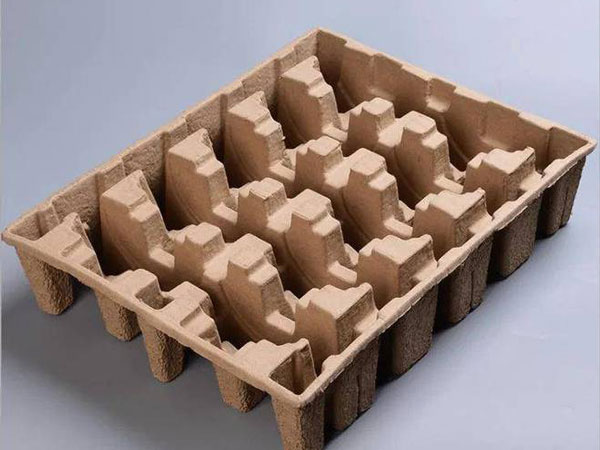
In summary, the application scope of molded fiber products has become increasingly integrated into daily life. With the intensification of environmental protection efforts and growing awareness of sustainability, molded fiber products are poised to become even more commonplace, and their potential development for future applications is vast.
